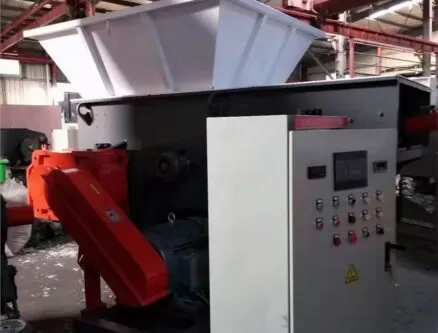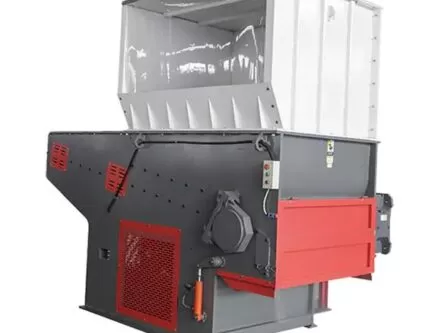You’ve probably heard the pitch before — “Save the planet and make money.” Sounds like a superhero origin story, right? The problem is, many people jump into recycling thinking it’s just about collecting cans and cashing checks. The reality? Markets fluctuate, technology changes, and regulations can trip you up faster than a banana peel on a factory floor. But here’s the good news: with the right approach, recycling can be a profitable and meaningful venture.
Yes — recycling can be a good business to start, if you approach it with a solid business plan, understand your market, and invest in the right equipment. From my experience running Amige, a company that builds shredders and crushers, I’ve seen people turn waste into wealth… and others turn it into a very expensive garage full of unused machines.
Let’s get into the details — because this is more than just a “green dream.”

What’s the real profit potential in recycling?
The recycling market is big and growing. Global recycling revenue hit $63 billion in 2023, and projections suggest it’ll grow steadily thanks to government bans on landfilling recyclable materials.
But here’s the twist — profit margins aren’t handed to you. Your earnings depend on the material you process. Aluminum can net you up to $1200 per ton, while mixed plastics can be as low as $200 per ton.
To win in this business, you need to:
- Focus on high-value materials.
- Optimize your processing efficiency.
- Secure long-term supply contracts.
In other words, recycling is profitable, but not for the lazy or the unprepared.
Which materials are the most profitable?
Not all waste is created equal. If you want steady returns, prioritize:
- Metals — Copper, aluminum, and brass prices remain strong.
- High-grade plastics — PET and HDPE have stable markets thanks to packaging rrecycling mandates.
- Electronics — E-waste contains gold, silver, and rare earth elements.
The trap? Don’t start with low-value mixed waste unless you have a strong sorting system. Otherwise, you’ll spend more money separating it than you’ll ever earn.
How much does it cost to start a recycling business?
This is where many dreamers face reality. Setting up even a small-scale operation can cost between $50000 and 500000, depending on:
- Equipment size and quality.
- Facility location and permits.
- Labor and logistics.
If you’re starting small, you could lease machines and outsource processing. If you want control and bigger profits, invest in your own shredder, crusher, and granulator.
From my experience, cutting corners on equipment is a bad move — cheap machines break down, and downtime eats into your margins faster than a rat in a grain sack.
What equipment is essential?
Your shopping list depends on your niche, but for plastics, you’ll likely need:
- Industrial shredder — Breaks large items into manageable pieces.
- Crusher — Reduces volume for easier handling.
- Granulator — Produces uniform flakes ready for resale.
For metals, add magnetic separators. For e-waste, add specialized dismantling tools.
I’ve seen entrepreneurs try to DIY their machines… and then spend twice the cost fixing the disasters. Trust me, it’s worth getting commercial-grade gear from the start.

How do you find reliable suppliers and buyers?
Your success depends on steady material inflow and guaranteed buyers.
- Source supply from manufactruing waste contracts.
- Build relationships with locan scrap yards.
- Explore export options if local prices are too low.
One pro tip — don’t rely on spot sales. Lock in contracts with fixed pricing for at least part of your output. It cushions you against market volatility.
What are the hidden challenges?
Even seasoned operators run into these headaches:
- Regulations — Environmental laws can change overnight.
- Quality control — Buyers reject contaminated loads.
- Market fluctuations — A dip in commodity prices can slash profits.
The way I see it, recycling isn’t “set it and forget it.” It’s constant monitoring, upgrading, and adapting to keep ahead.
Can you scale up quickly?
Yes — if you have the capital, network, and operational efficiency.
Scaling means:
- Expanding to multiple material types.
- Automating sorting and processing.
- Negotiating bulk contracts.
From my experience, it’s better to nail one material first, then diversify. Too many rookies spread themselves thin and end up drowning in mixed waste.
Conclusion
Recycling can be a great business — but it’s not just about being eco-friendly. With the right planning, equipment, and market strategy, you can make money while making a difference.
